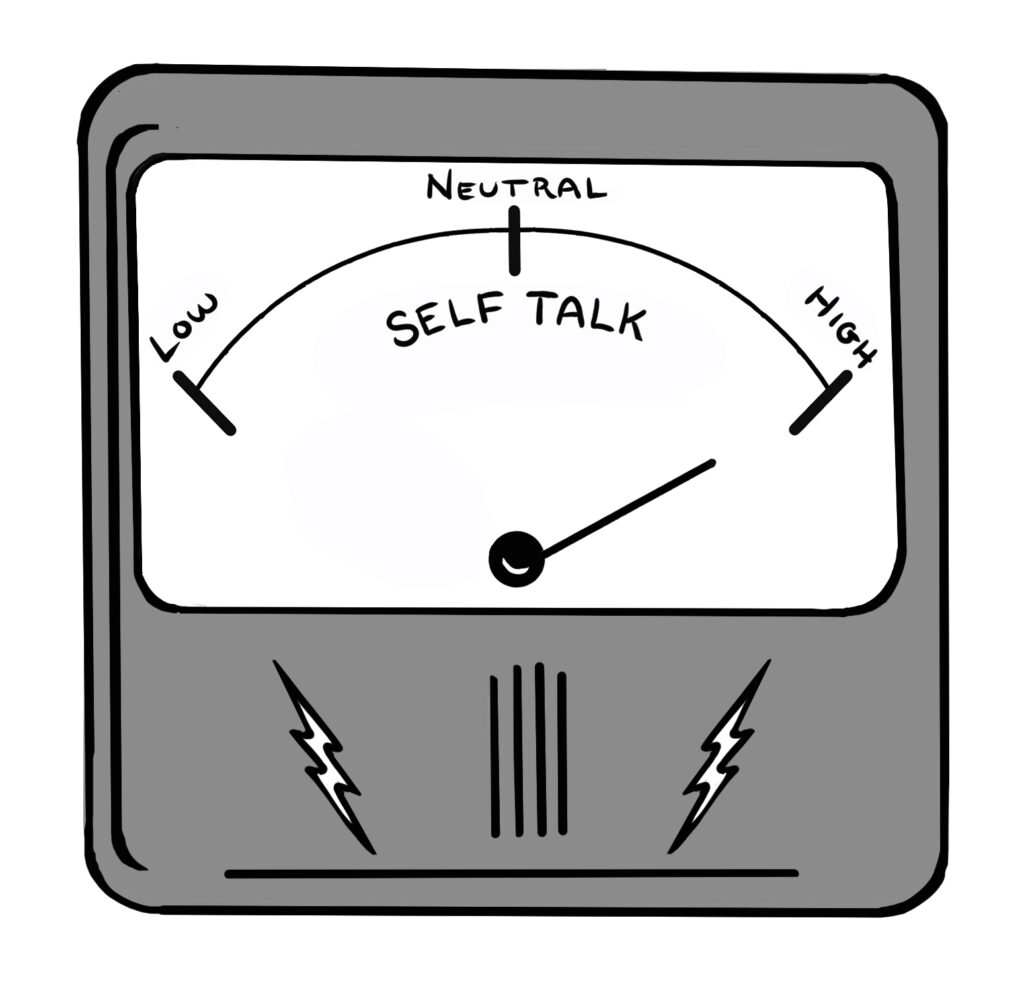5 Ways to Like Yourself More According to a Therapist and Author
By Risa Williams, LMFT, licensed therapist and author of The Ultimate Self-Esteem Toolkit and The Ultimate Toolkit Book Series (theultimatetoolkitbooks.com)
We often feel like we can be nice, kind, encouraging, and supportive to many people in our lives, while being really harsh, mean and overly critical to ourselves. Once you realize how unfair this is, and how truly distorted this idea is, you can begin to approach things from a new perspective. After all, you may be very kind to others in your life, but if you’re being mean to yourself, you’re still being mean to one person.

Sometimes, there is an unexamined belief we hold that we get a “pass” to say thousands of unkind things towards ourselves all day long, as if somehow, our brains will respond differently to harsh words coming from ourselves than from others. But this isn’t true at all. In fact, across many different scientific studies, the results showed that the words we tell ourselves tend to affect us in the same way, physically and emotionally, as they do when someone else says them to us. In other words, we don’t get a “pass” to treat our brains in this way. Our bodies and brains can’t tell the difference.

One scientific study I discovered while writing, The Ultimate Self-Esteem Toolkit: 25 Tools to Boost Confidence, Achieve Goals and Find Happiness, estimated that 70% of our daily self-talk is comprised of negative critical words we’re saying to ourselves all day long. That’s a lot of harsh words that are going to have a big impact on our bodies and brains over time. While expecting yourself to say only positive motivational things to yourself all the time can be also be an unfair expectation to have of yourself, we can learn to tip the percentages in small degrees over time.
Because self-esteem issues can sometimes stem from trauma, our past, the hardships we’ve faced, and other emotional and physical issues that may be different for each person experiencing them, it’s always recommended to seek out professional help from a doctor or therapist to address any psychological, emotional, or past issues that you may need help processing. The ideas provided here are simply intended to start to give you a little boost on your self-compassion journey ahead.
What I’ve found, both personally, and from my work with many clients over the years, is that feelings of self-esteem and confidence can often be improved by addressing a few key factors:
- Changing your self-talk: When we say motivating and gentle things to ourselves all day long, our self-esteem naturally starts to rise. Conversely, when we say critical and reprimanding things to ourselves all day long, our feelings of self-esteem tend to sink. We often tend to see self-talk in extremes (it’s either all positive or all negative) but there is a wide range in between those polar opposites. For instance, you can think more “neutral” types of thoughts about yourself as well, for example: “Tomorrow I can restart and reset myself.” And, there are many mid-thoughts you can find between positive/negative extremes, that can help you walk yourself over to more motivated feelings, such as: “I’m learning and growing all the time, and each new step I take leads me to a different outcome” or “I’m figuring things out one step at a time.”
- Your sense of agency and resiliency: Agency comes from acknowledging that you are the one in charge of changing your thinking and fully accepting that no one else can do it for you. Resiliency is our sense of how effectively we handle problems that block our path, and how quickly we recover from setbacks we face. Learning how to gradually change your thinking patterns and how to ground yourself when you’re faced with obstacles in everyday life, can help you start to feel more empowered over time.
- Stress reduction skills: Stress exacerbates problems that already exist in our thinking patterns. So, when you get stressed out, any intense thoughts you already have going on tend to feel even more intense. Learning ways to bring down your daily stress can help you to regulate your mental, emotional, and physical wellbeing so that you can connect to your calm again. Whether this is learning to take more deep breathing breaks throughout your day, learning to get outside into nature more frequently, learning to let your brain have more mental space to reset, or learning to use your senses to ground yourself, it’s about getting intentional about de-stressing consistently.
- Balancing out “extreme thinking:” Extreme thinking is when you tend to see things in black or white categories: for example, things are perfect or a disaster, you are either loved or hated, you feel amazing or you feel terrible. Extreme thinking can also include the “maximization” of our perceived flaws and the “minimization” of our strengths, blaming and labeling ourselves, disqualifying positive feedback we receive, and frequently jumping to negative conclusions throughout everyday life. When you start to choose balance over extremes, you can empower yourself with perspective.
- Connecting with your small successes more: How often do you actually let yourself feel proud, accomplished, happy, joyful, playful, excited, or delighted? How often do you intentionally seek these types of feelings out instead of zooming in on the stress, anxiety, fear, and frustration that can be so easy for our brains to fall into? Learning to actively look for good things in your life and to actively see good things in yourself is an essential part of building healthier self-esteem. In other words, start to cherish those tiny compliments a little more, savor those little happy, pleasant moments as they happen throughout the day, and really zoom your brain in on noticing all the little and big things you’re doing that are working out for you already.

It all starts with forming the clear intention to be kinder to yourself right here and now and seeing this as essential to your brain and body to do. And then, as you catch yourself thinking harsh thoughts about yourself throughout your day (such as: “I never do this right!” or “I’m the worst ever!” start to label them as they appear as “harsh” or “unfair” thoughts. The more you start to notice your thoughts, the more the thoughts you’re noticing will naturally start to change.
Starting now, you can lean into kindness a little more each day, and you can begin to tell yourself all the soothing, gentle and kind things that you’ve always deserved to hear.
For more on this, please check out Risa’s newest book: The Ultimate Self-Esteem Toolkit (see: The Kindness Blanket, The Self-Talk Meter chapters for resources).
